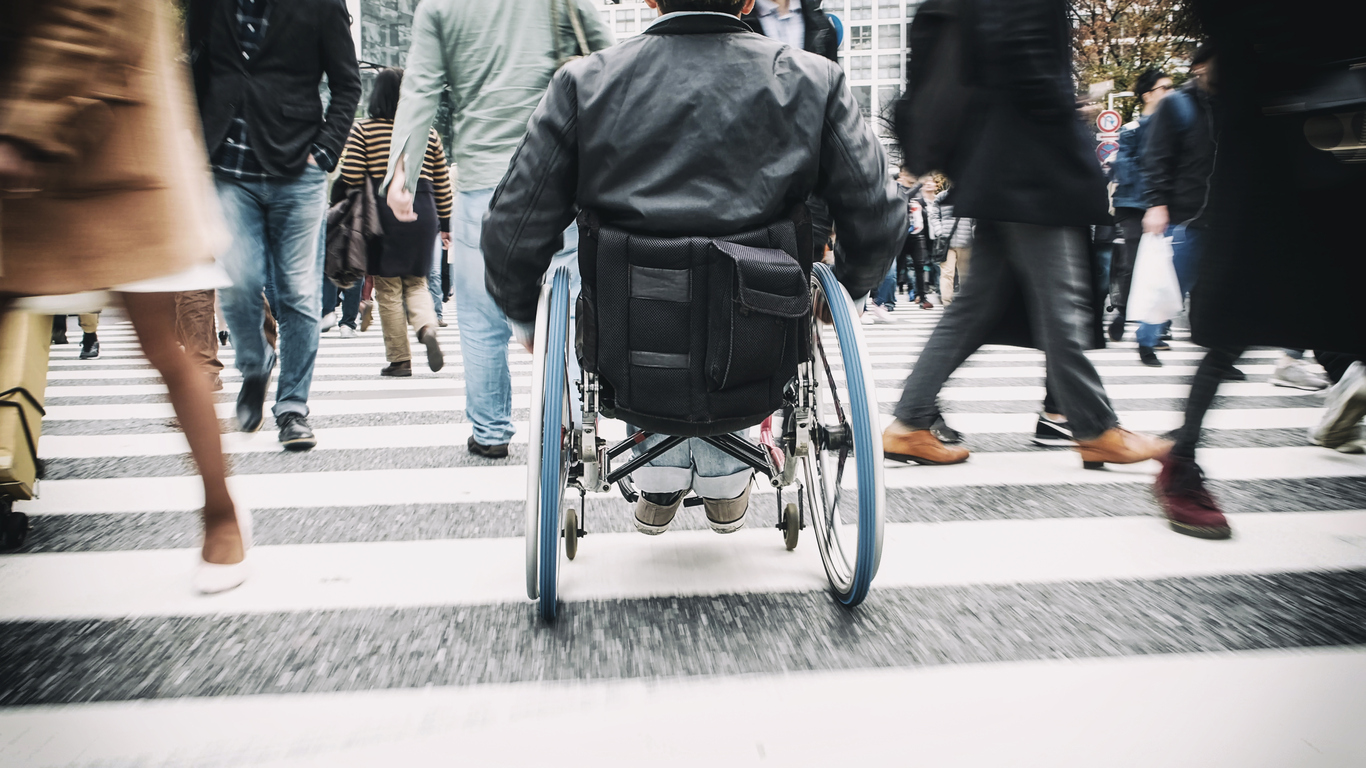One in Four of People Avoid Conversations with Disabled People
Being named as a “silent epidemic”, it seems like a worryingly large number of people admit that they have actively avoided conversations with disabled people. A recent survey found that one in four people admitted to doing this.
The survey, which was conducted by national disability charity Sense and asked more than 2,000 people, also found that 52% of people believed that they had much in common with disabled people.
Feeling uncomfortable, not knowing what to talk about and the fear of offence were the most commonly-cited reasons for avoiding conversations with disabled people.
The research comes alongside a study that highlighted the disproportionately-high levels of loneliness that disabled people feel. Over half of disabled people said that they feel lonely and 23% said that they experience the feeling every day.
More likely to avoid conversations were young adults under the age of 24. They were twice as likely to actively avoid speaking to a disabled person and least likely to meet someone who was disabled. Shockingly, 23% of survey respondents within this age range said that they can’t recall the last time that they encountered someone with a disability.
Rachel Reeves, a Labour MP who is co-chairing the Jo Cox Commission on Loneliness, commented: “Many of the barriers to building social connections for disabled people are practical ones, such as the need for accessible transport and buildings, financial support and appropriate social care; but public attitudes also play a part in the risk of loneliness for people with disability.
“Increasing awareness of different conditions and battling misconceptions about disability are both important steps to help reduce loneliness amongst disabled people.”
Meanwhile, the Deputy CEO of the charity Sense, commented on the feeling of loneliness that disabled people have. He said, “Loneliness is disproportionally high amongst disabled people, many of whom say they feel lonely every single day.
“We all have things in common; however, outdated attitudes towards disability are still preventing people from striking up conversations and finding the shared interests that are often the key to friendship.
“Better understanding of disability and a shift in societal awareness are a key step in allowing disabled people to play a full part in society with the same opportunities to make connections as everybody else.”

